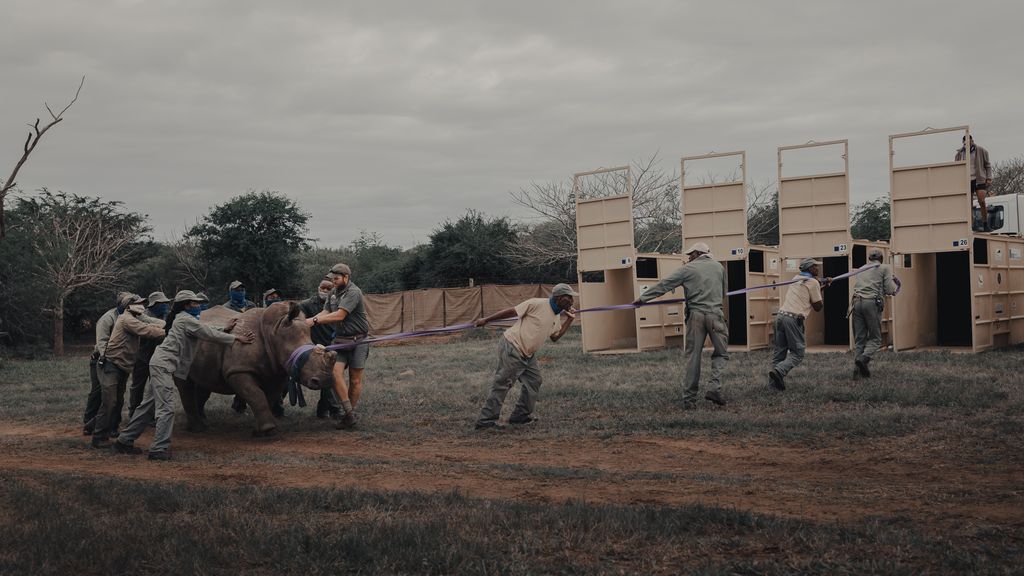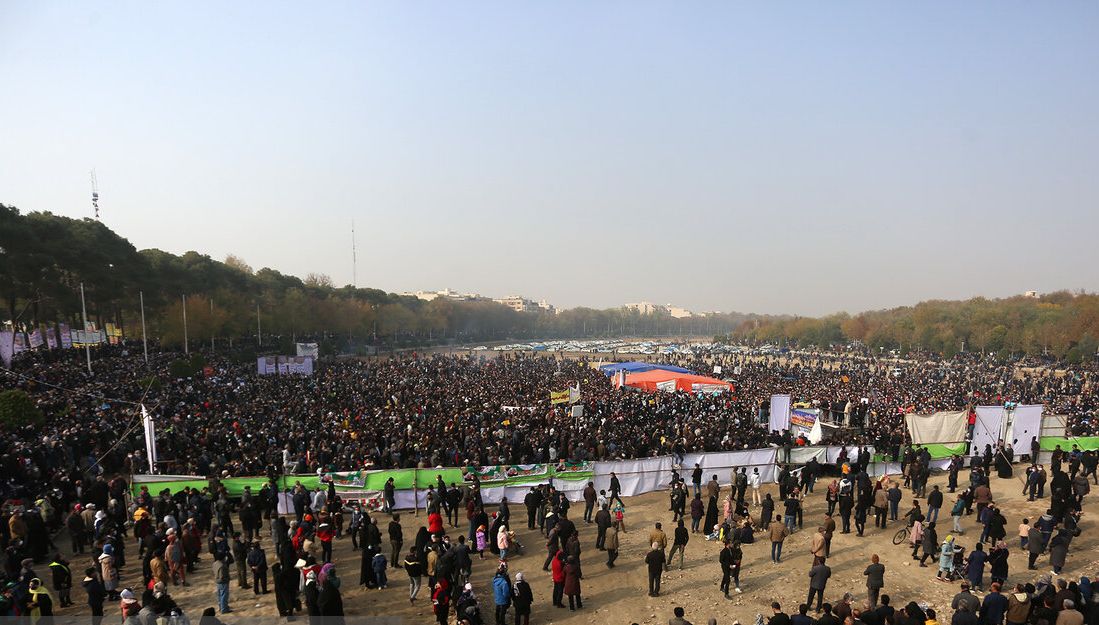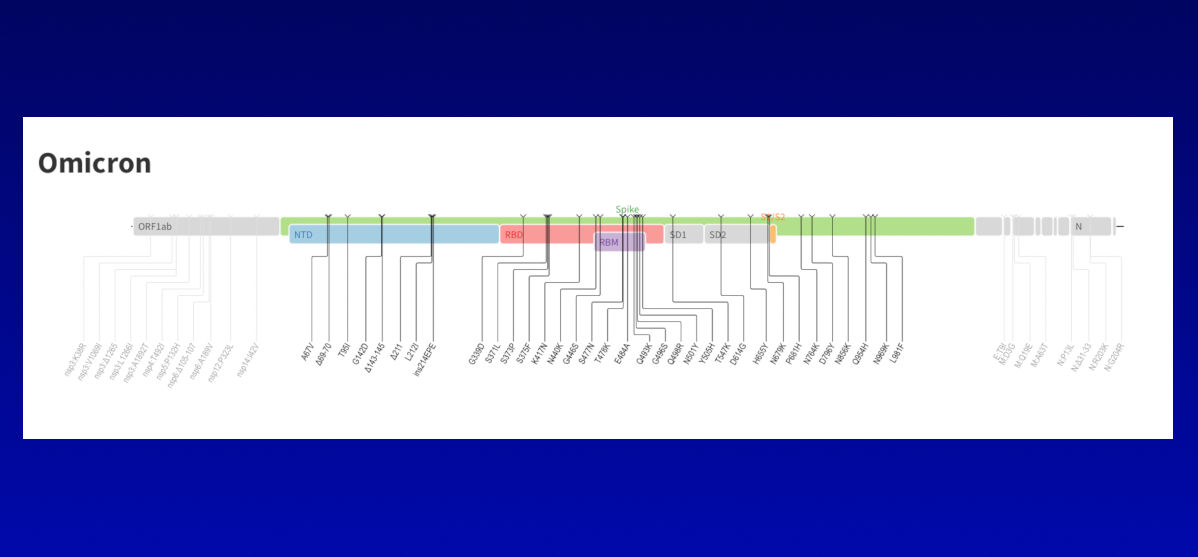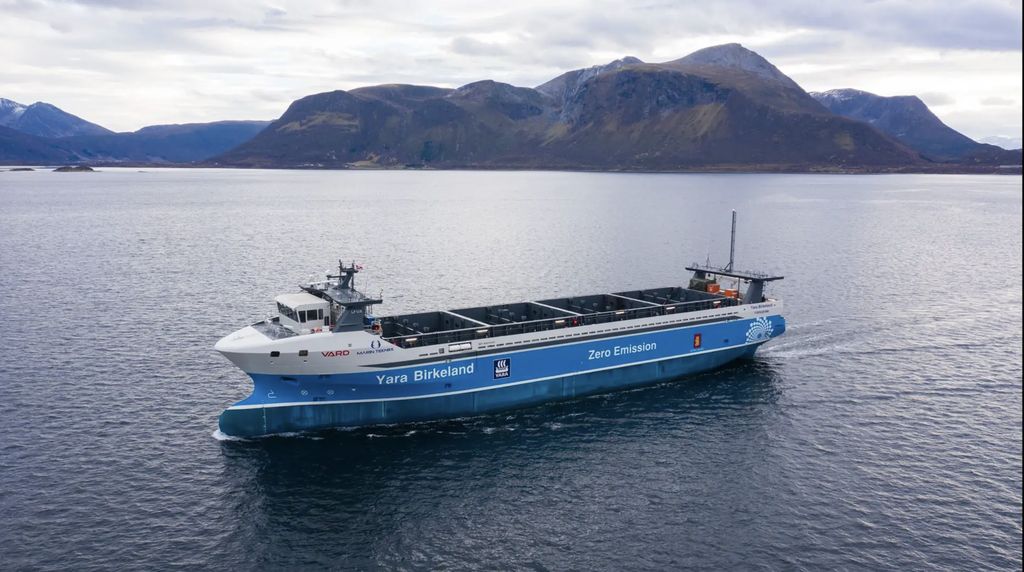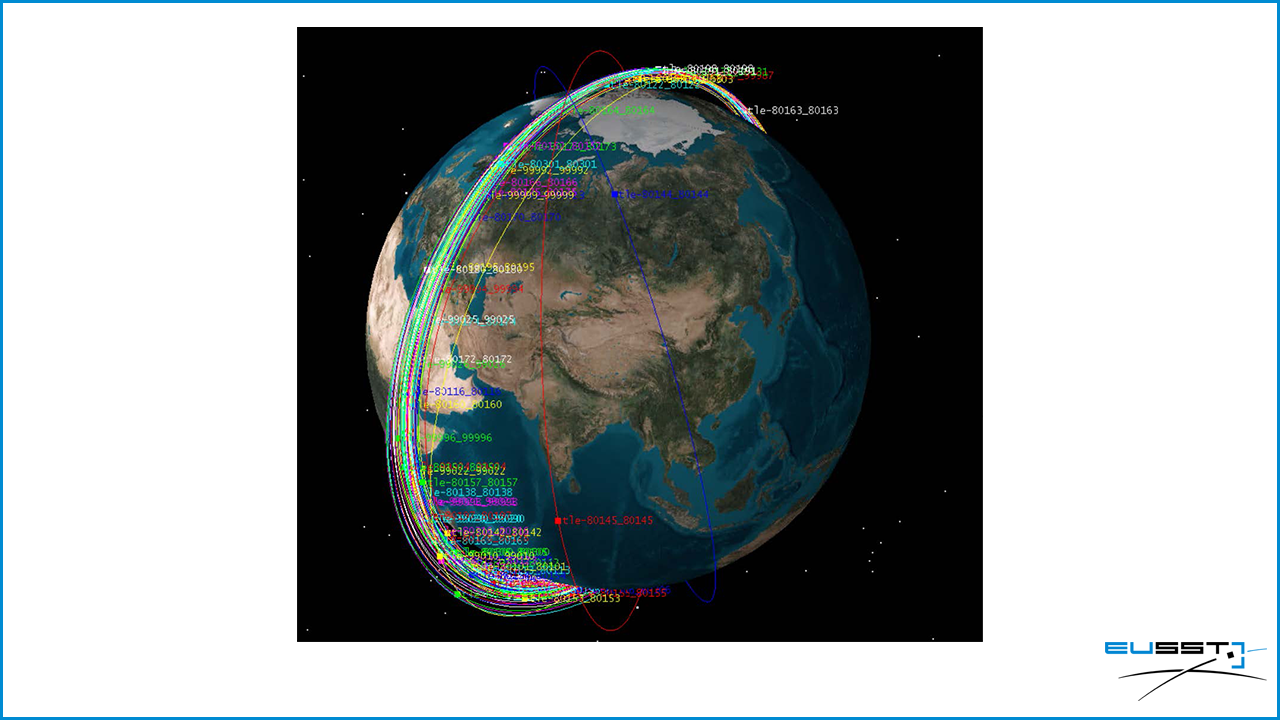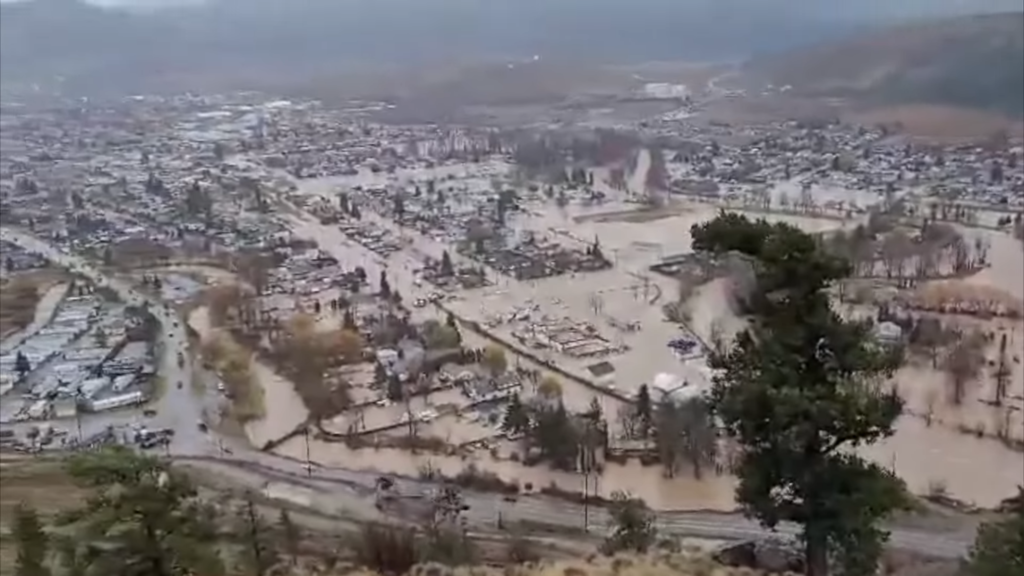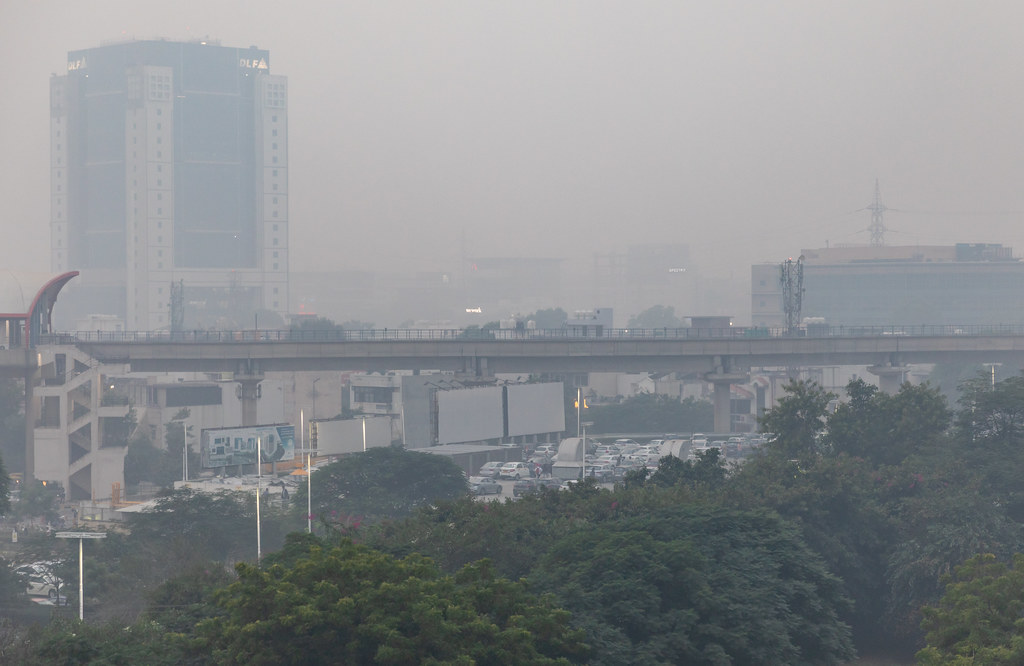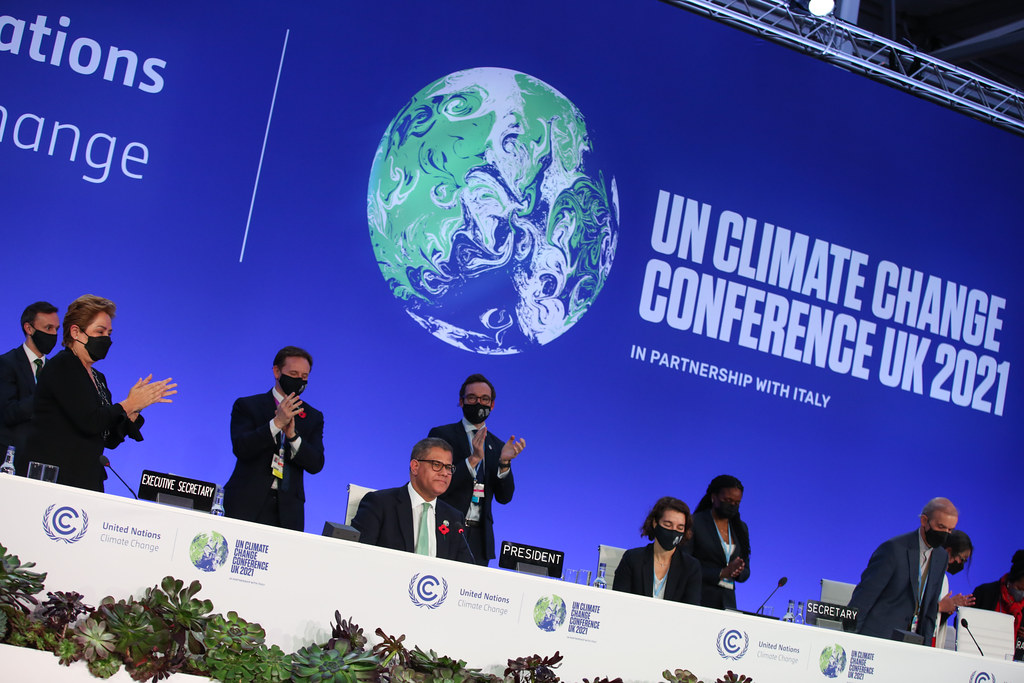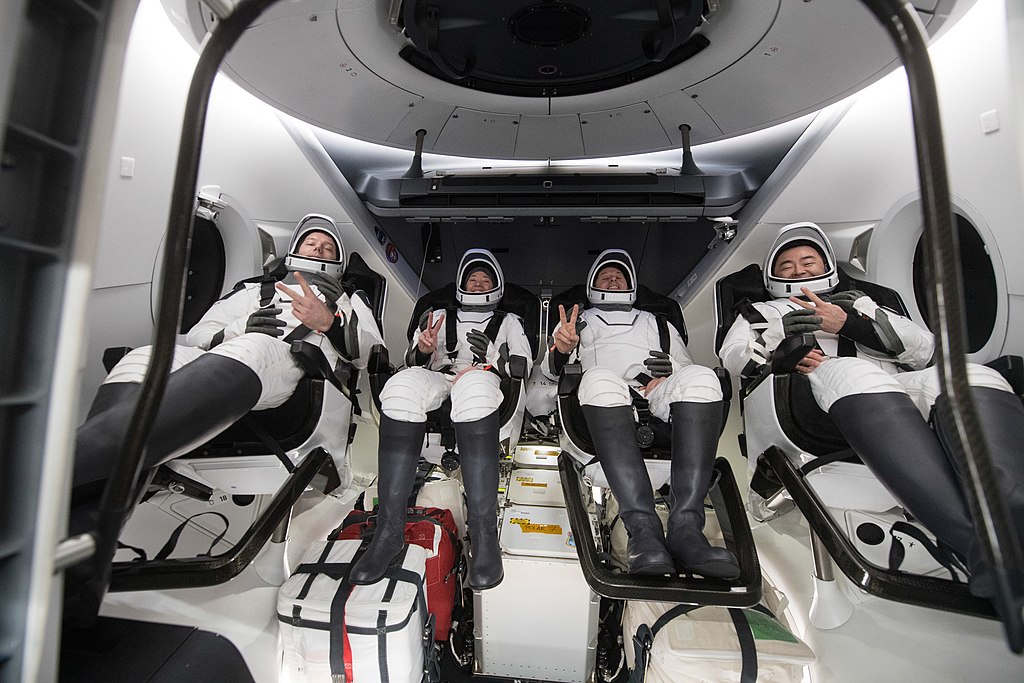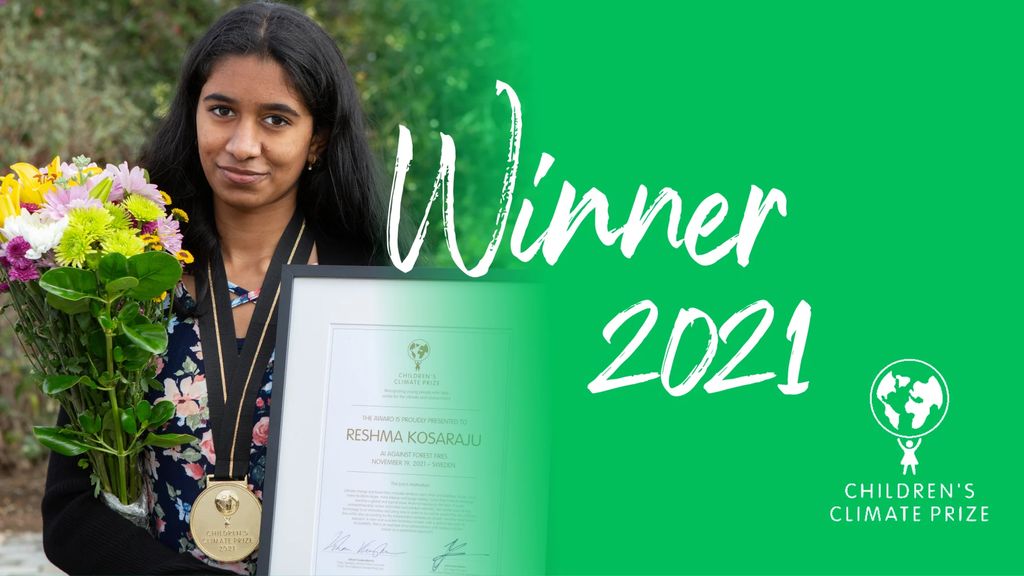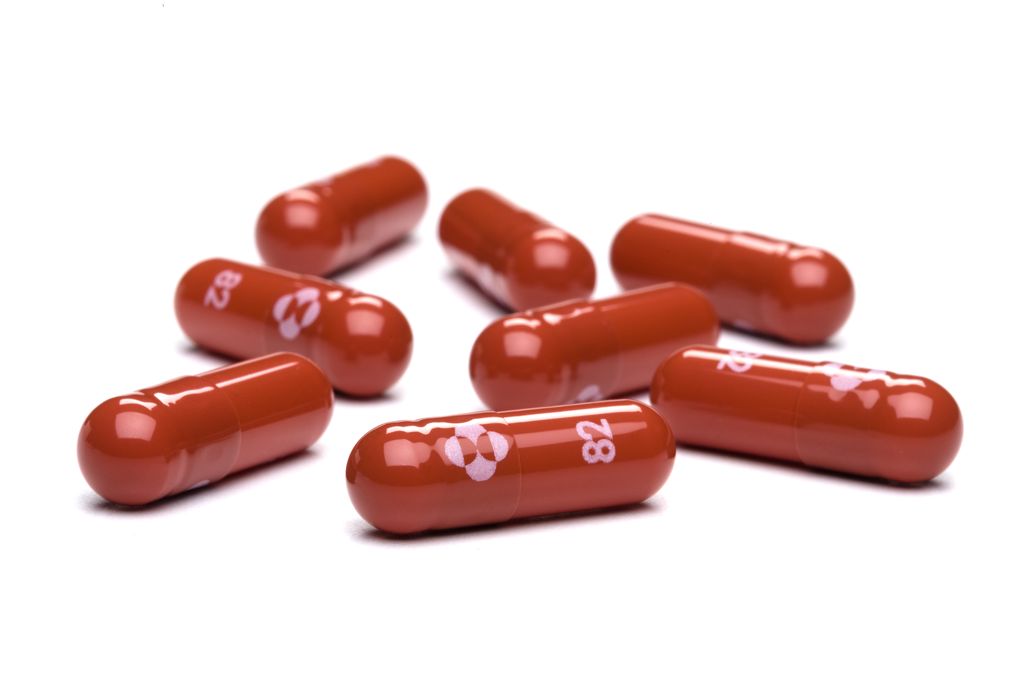Last Saturday, 30 white rhinos were loaded into an airplane in South Africa and flown to their new home in Rwanda. The organizers of the move hope the rhinos will be able to settle in the new area, and that their numbers will grow.
Published in “Science”
Last week, Iran's government cracked down suddenly on people protesting over a lack of water in the city of Isfahan. Farmers there have been protesting for over two weeks because the nearby Zayanderoud River has run completely dry, making farming impossible.
On Friday, the World Health Organization released information on a new version of the virus that causes Covid-19. The new variant, which has been named "Omicron", was first spotted in South Africa. Countries around the world are now racing to prepare for Omicron.
Last Thursday, the world's first self-driving, electric container ship made its first trip to Oslo, Norway. The ship's owners aim to cut pollution by moving large amounts of products by water on the southern coast of Norway instead of by truck.
Last week, Russia used a missile to destroy a satellite, sending thousands of pieces of the satellite flying through space. Russia's actions have put astronauts and spacecraft in greater danger. They have also caused serious concerns back on Earth.
In today's news roundup, Sudan's military cracks down on people protesting against the recent coup, northwest Canada & US struggle to recover from widespread flooding, and heavy rains in southern Egypt lead to over 500 people being stung by scorpions.
Every year in late fall, heavy pollution makes the air in India's capital, New Delhi dangerous to breathe. New Delhi's government has closed schools for the week, and paused building activities. Now judges have told the city to call a pollution lockdown.
On Saturday, people representing nearly 200 countries agreed to a new climate deal called the Glasgow Climate Pact. The deal shows more progress than many people expected, but it's still not strong enough to avoid the worst effects of global warming.
In today's news roundup, Nicaragua's president wins an election that's widely seen as unfair, toxic foam covers a river being used in a religious festival in India, and four astronauts have to wear diapers because of a broken toilet in their return capsule.
The winner of this year's Children's Climate Prize was announced on Monday. Fifteen-year-old Reshma Kosaraju was chosen from among the finalists for her project, which uses artificial intelligence to predict forest fires.
The drug companies Merck and Pfizer have each come up with new medicines that can help protect people from the worst effects of the coronavirus. These medicines won't replace vaccines, but could help treat people who get Covid-19.

